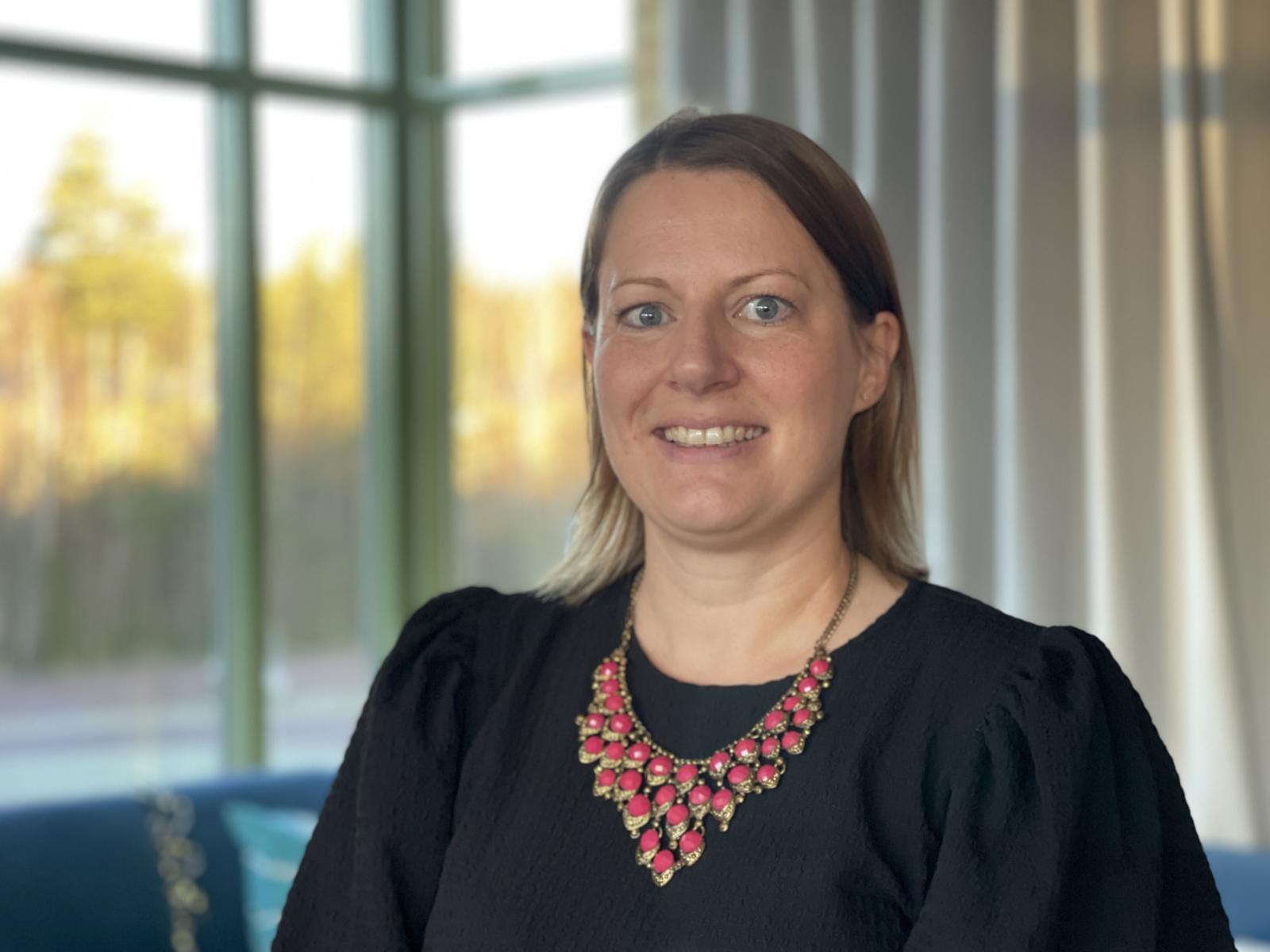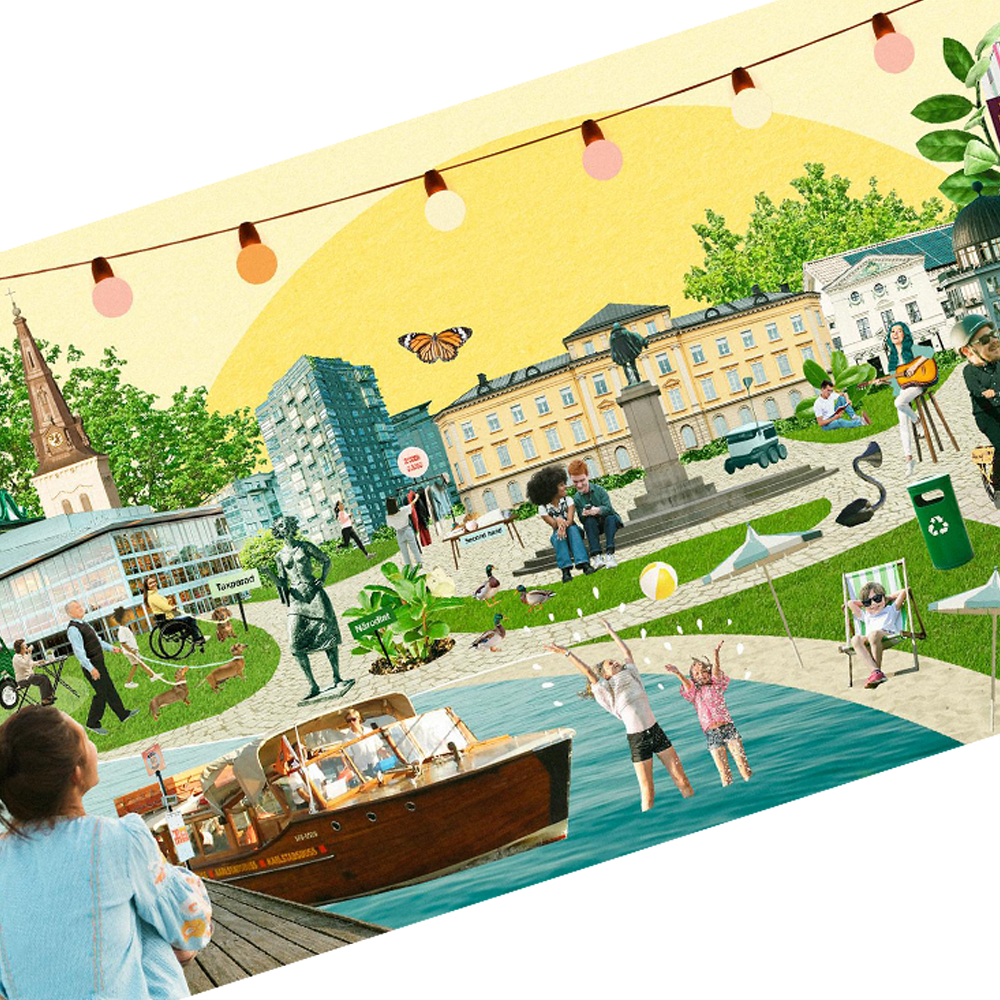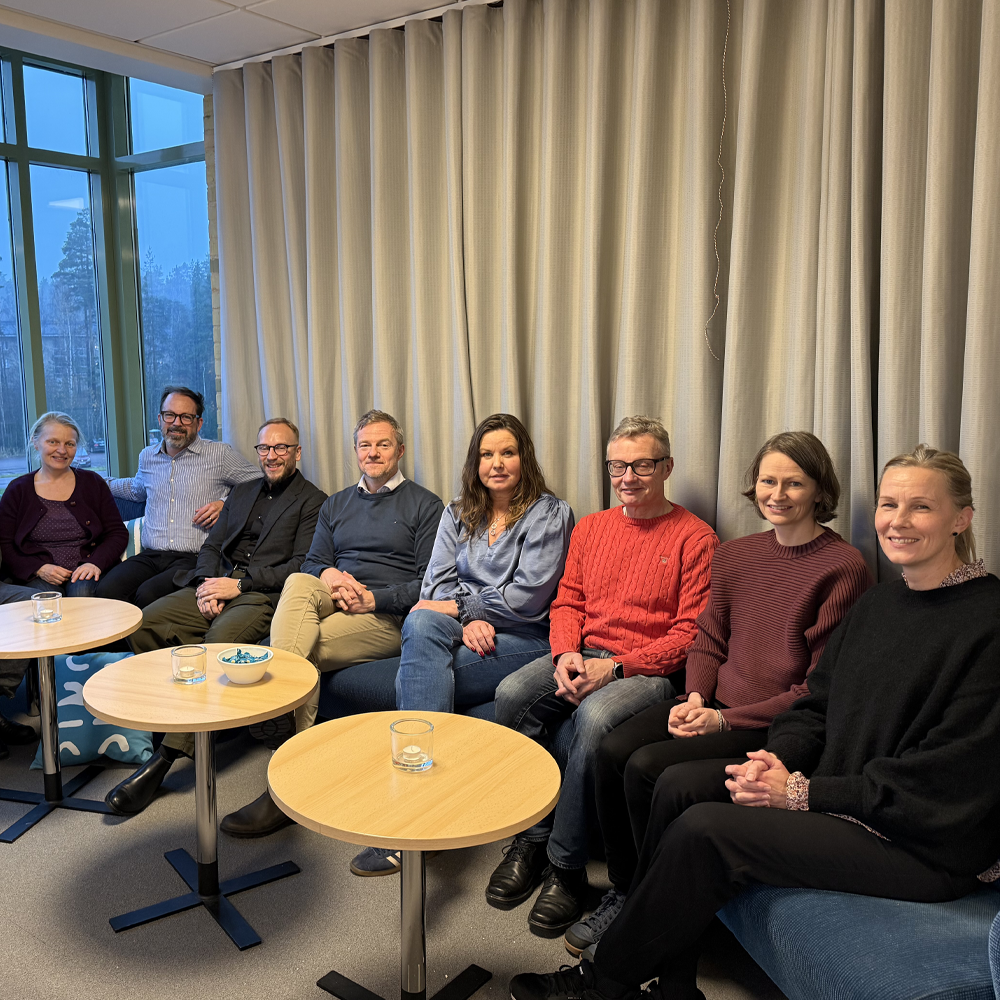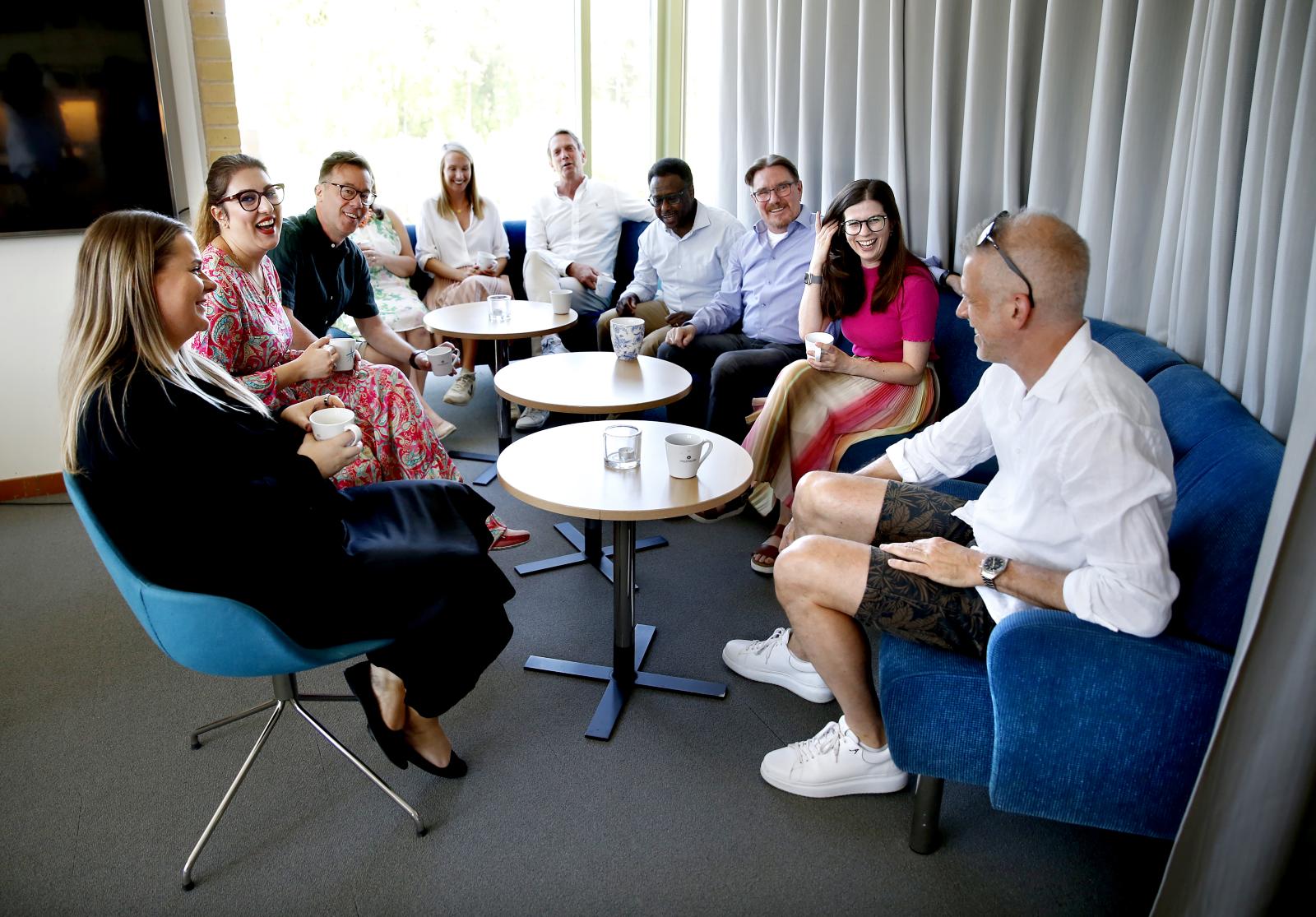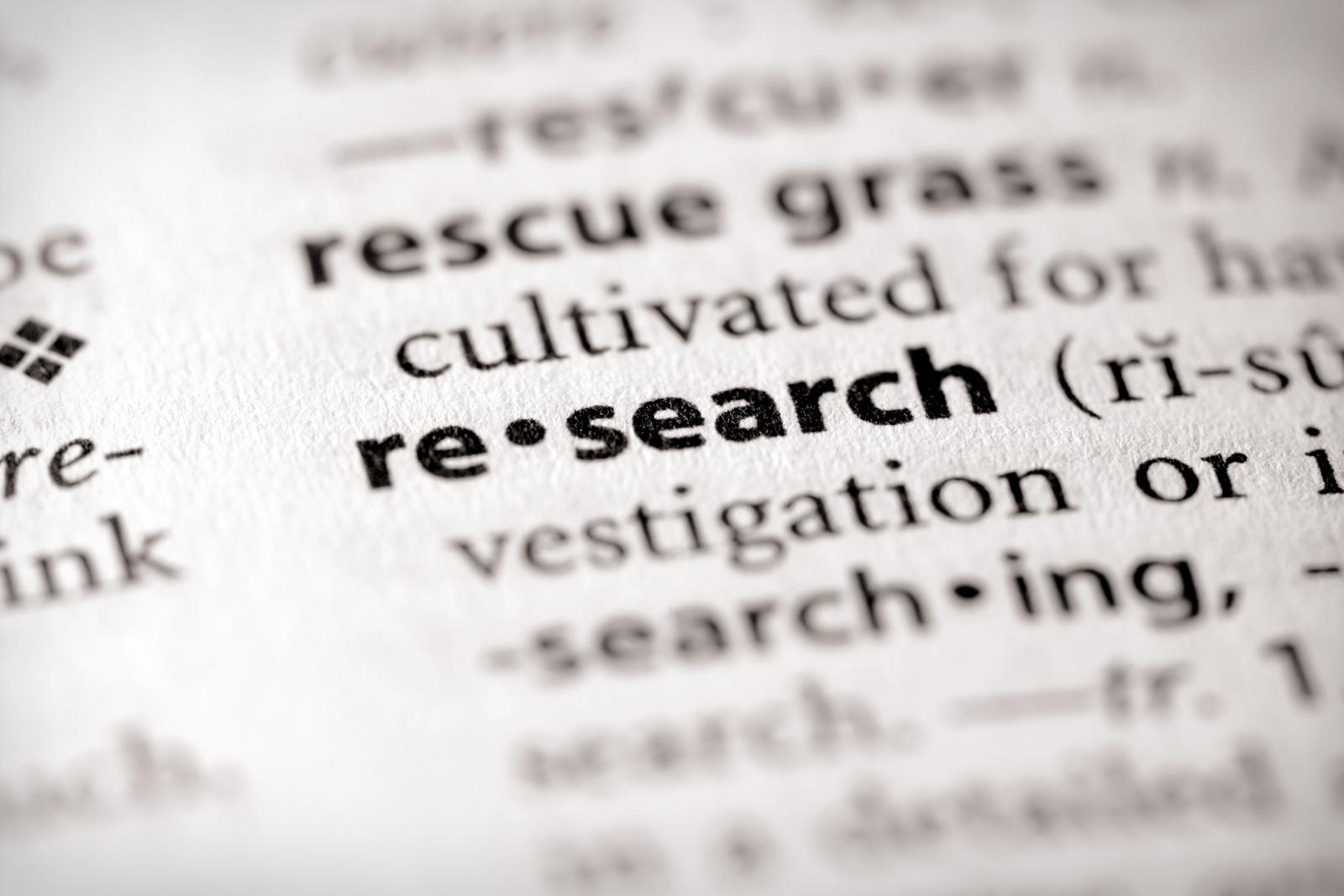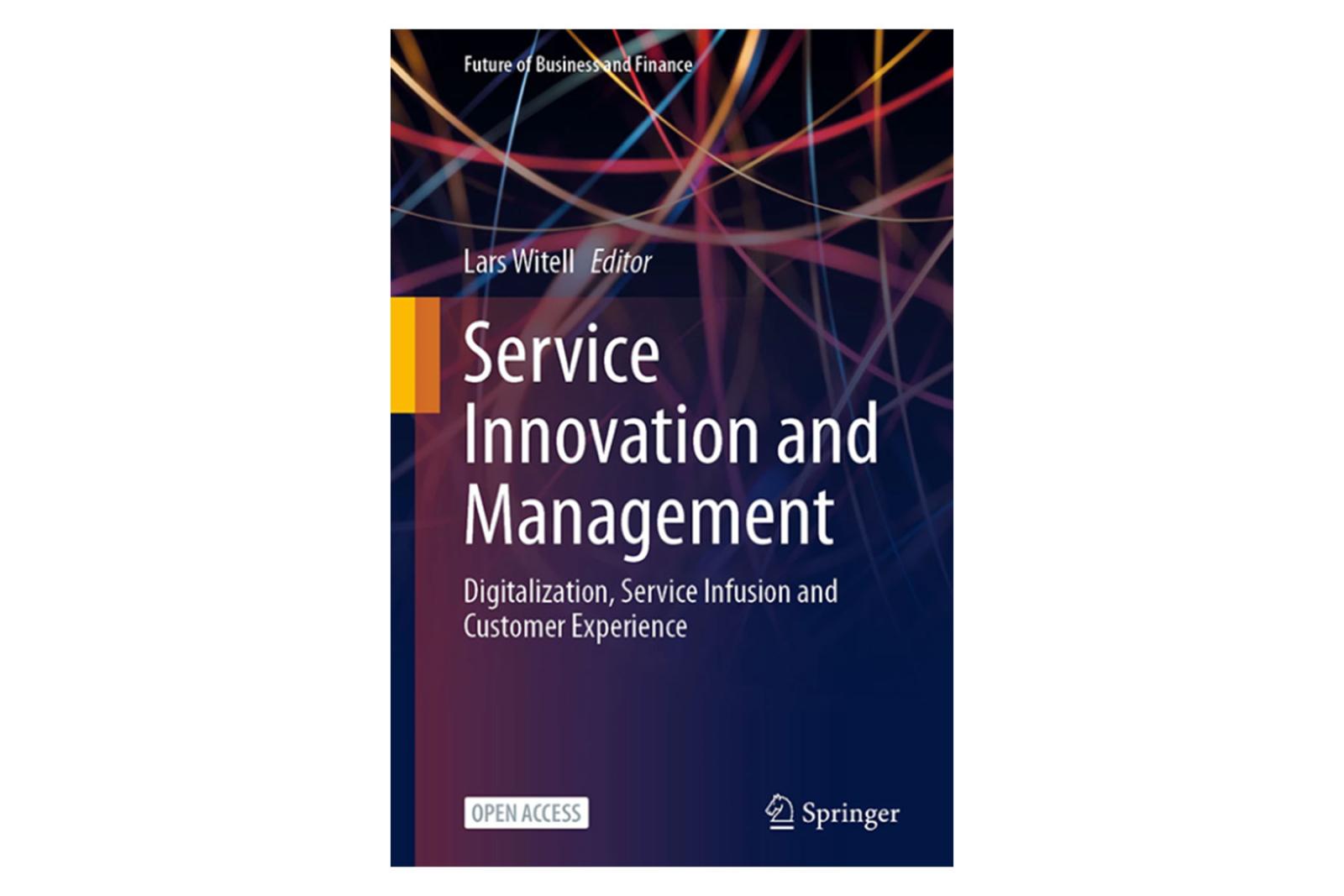News
-
2026-02-23
VR supports training for crises that unfold across national borders
Crises Lenses: Extending Cross-Border Crisis Training into VR is a part of INCREDILAB and make training for floods, wildfires and other large-scale events that demand coordination between regions, organisations and stakeholders possible.
– Building that coordination before a real crisis occurs is both difficult and essential, says Ala Sarah Alaqra, docent in information systems at Karlstad Business School.Crisis Lenses is a virtual reality (VR) training game developed within INcreased Climate Resilience Education and DIgital transformation Lab project (INCREDILAB).
– Crises Lenses is built on our joint work in the project of the board game Collaborate or Collapse, which was designed to support collaborative decision-making in cross-border crisis scenarios, says Ala Sarah Alaqra. While the board game encourages structured discussion around a table, Crisis Lenses explores how immersive digital environments can add new dimensions to learning and training.
-
2026-02-09
The unexpected gift that makes customers buy more – and come back
Small spontaneous gifts with no expectations of something in return can influence both purchasing behavior and customer relationships in powerful ways. Amie Gustafsson, PhD in Business Administration at Karlstad Business School and researcher at the Service Research Center (CTF), has had her work published in the prestigious Journal of the Academy of Marketing Science.
Amie Gustafsson, what might such a gift consist of, and when is it given to the consumer?
– It’s about small, unexpected gifts that are given without requiring anything in return. It might be a free accessory with a purchase, an extra product in the delivery, a gift when the customer walks into the store, or something included with their first online order. The important thing is that it’s not perceived as a reward that needs to be earned. We tested this with, for example, packages of coffee and chocolate.
-
2026-01-21
Residents Shaped the Future of Hagfors Through “Bruksort 2.0”
In the Bruksort 2.0 initiative, Hagfors Municipality, local businesses, and residents collaborated to strengthen attractiveness, mobility, and innovation. The work was based on co‑creation, where residents’ shared stories about the future were used to formulate future visions. The final report is now complete.
The project resulted in the Hagfors Model—a model that captures the power of place and shows how stories, trust, and creativity can become drivers of sustainable development. Through co‑created poems, sculptures, and narratives about the future, residents themselves have given shape and expression to what future transitions may mean in an industrial town.
-
2025-12-29
The researcher: Why New Year’s resolutions fail – we often focus on the wrong things
Friday, 9 January, marks Quitters Day – the day when most New Year’s resolutions have already fallen apart. According to Per Kristensson, professor of Psychology at Karlstad University, these failures rarely stem from a lack of ability.
– We don’t fail because we are weak, but because we don’t change the situation we’re in, he says. Our surroundings often play a bigger role than our personal abilities.
Behavioural research shows that people tend to overestimate the importance of motivation and underestimate how strongly everyday circumstances influence our decisions.
– We often think New Year’s resolutions are about motivation and personal abilities. But research shows that the situation is just as important. You could say that we’re trying to renovate our lives without having the scaffolding in place, says Per Kristensson.
-
2025-12-19
The Digital Health Innovation Initiative in Värmland Enters a New Phase
DigitalWell Arena is now taking the next step in its long-term commitment to digital health innovation in Värmland. After several years focused on establishing a platform for research and collaboration, the work is now shifting towards the large-scale implementation and practical use of digital solutions.
Research at Karlstad University has been a central driving force behind DigitalWell Arena since its launch in 2019. By bringing together around 60 researchers from six research groups and disciplines such as computer science, nursing, psychology, service research and gender studies, the university has built an interdisciplinary research environment for digital health innovation.
-
2025-12-17
Experts: How to reduce food waste and climate impact at Christmas
Christmas is a time for togetherness, traditions and generous meals – but also for increasing amounts of food waste. At the same time, a national debate is under way in Sweden about stricter targets to halve food waste. Researchers at Karlstad University therefore encourage people to think sustainably ahead of the Christmas and New Year holidays. Small changes in everyday habits can reduce both climate impact and household costs.
“If you want to avoid feeling guilty about throwing food away – because a lot is wasted during the major holidays of the year – it is wise to think before you shop,” says Fredrik Wikström, professor of Environmental and Energy Systems. “If you go to the supermarket without a shopping list, tired and stressed, it is easy to buy more than you will consume. Retailers want to sell, and they are experts at getting us to buy a little more than we intended – often through bulk packs and special offers, which in the long run becomes more expensive if we end up not eating all the food.”



